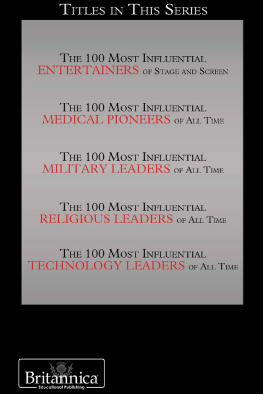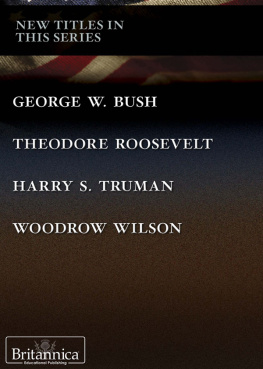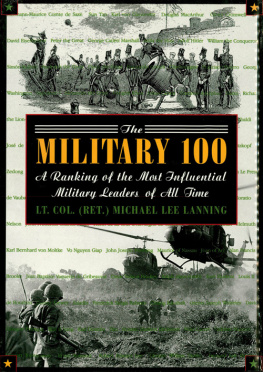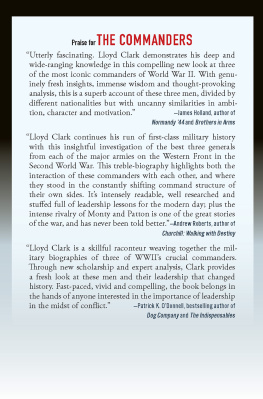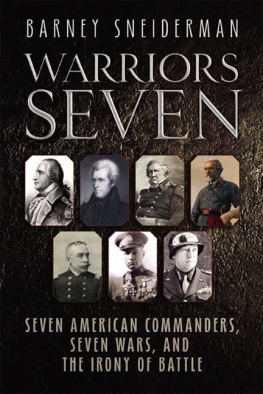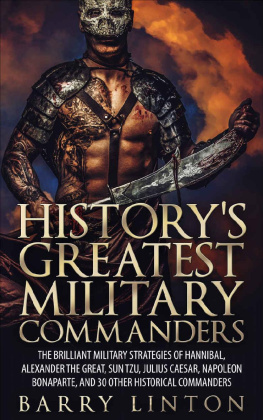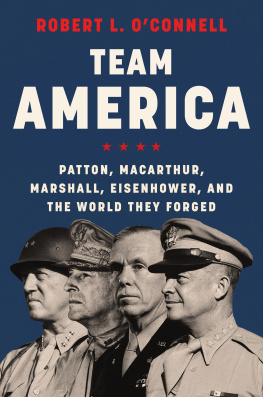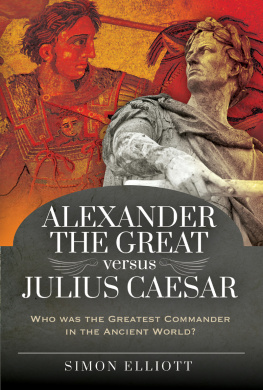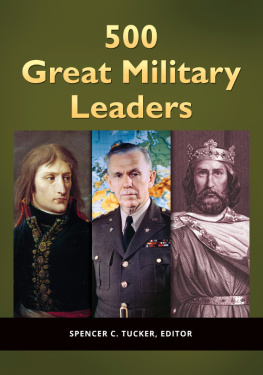

Published in 2017 by Britannica Educational Publishing (a trademark of Encyclopdia Britannica, Inc.) in association with The Rosen Publishing Group, Inc.
29 East 21st Street, New York, NY 10010
Copyright 2017 by Encyclopdia Britannica, Inc. Britannica, Encyclopdia Britannica, and the Thistle logo are registered trademarks of Encyclopdia Britannica, Inc. All rights reserved.
Rosen Publishing materials copyright 2017 The Rosen Publishing Group, Inc. All rights reserved
Distributed exclusively by Rosen Publishing.
To see additional Britannica Educational Publishing titles, go to rosenpublishing.com.
First Edition
Britannica Educational Publishing
J.E. Luebering: Executive Director, Core Editorial
Anthony L. Green: Editor, Comptons by Britannica
Rosen Publishing
Kathy Campbell: Senior Editor
Nelson S: Art Director
Michael Moy: Designer
Cindy Reiman: Photography Manager
Carina Finn: Photo Researcher
Introduction by Martin Gitlin
Library of Congress Cataloging-in-Publication Data
Names: Geller, Kevin, editor.
Title: The 100 most influential military leaders of all time / edited by Kevin Geller.
Description: New York : Britannica Educational Publishing, in association with Rosen Educational Services, [2017] | Includes bibliographical references and index.
Identifiers: LCCN 2015034563 | ISBN 9781508100447 (eBook)
Subjects: LCSH: Military biography. | Generals--Biography. | Leadership--Case studies. | Military history.
Classification: LCC U51 .A14 2016 | DDC 355.0092/2--dc23
LC record available at http://lccn.loc.gov/2015034563
Photo Credits:
Cover, Eric E. Hughe/U.S. Department of Defense
CONTENTS

I t is tragic, but true. The wars of the world have done more to shape the political landscape and dictate the quality of life for billions of people throughout history than any other influences or events. Individual conflicts have been known to alter the course of humankind for generations, even centuries.
It can therefore be assumed that the military leaders most impactful to the development and results of wars have placed the greatest stamp on the lives of those inhabiting Earth. That is sad. The world would be a far better place if it were more affected by poets or painters or spiritualists that sought to bring out the inner peace and happiness of all of its people. That military leaders who have caused and fought wars that have killed hundreds of millions must be considered more significant to the course of time is a rather depressing commentary.
But that makes those featured in this book no less fascinating. The fact that their military genius played such a vital role in determining how individuals have lived and died since ancient times makes learning about them critical to grasping history. Those that can illuminate themselves about the motivations and achievements of the most influential military leaders of all time indeed have gained a great appreciation of how the most ordinary people in the world have lived and societies have existed past and present.
What must also be understood is that all wars are a study in action and reaction. An invasion is followed by an attempt to repel that invasion. How military leaders have been defined in the eyes of history has greatly depended on whether they were on the side of the aggressor or the side of the defender. Were they part of an attacking, murderous effort to take over land and impose social, political, and military mastery over others? Or were they defenders of freedom and self-determination when such inalienable rights were being threatened?
Those throughout the spectrum of military history are featured in this book. There are wicked megalomaniacs such as Adolf Hitler and Genghis Khan. There are brilliant generals who followed the orders of evil leaders or attempted to further unethical causes, such as Heinz Guderian, Yamamoto Isoroku, and Thomas Stonewall Jackson. On the other side of the moral continuum are political heads thrust into military roles, such as Winston Churchill, as well as those who have strategized and fought on the side of freedom, such as George Washington, Crazy Horse, and Sir Bernard Law Montgomery.
The 100 Most Influential Military Leaders of All Time covers more than 2,500 years of world history, from when wars were fought with spears, swords, and axes to beyond the point in which nuclear weapons first threatened mankind with total annihilation. The book features military leaders both good and evil representing nations throughout the world and the most significant wars in the history of humankind. The entries of every figure in the book include detailed information about childhood influences, education, career highlights, post-military life, and legacy in regard to military history. They allow the reader to understand how the times in which they lived affected their motivations and careers. The decisions as to which military leaders were worthy of inclusion in this book were not taken lightly.

George S. Patton, Harold Alexander, Bernard Law Montgomery, and Erwin Rommel were key generals in the North African campaign during World War II.
Among the considerations was that the most significant wars have produced the greatest number and arguably the most important military figures ever. For this reason the majority of entries feature military leaders from the eighteenth, nineteenth, and twentieth centuries. The advancement in weaponry over the centuries and the advent of tank and aerial warfare that has changed and broadened the theater of engagement have resulted in battles on a much wider scale and a greater number of influential military leaders. Whereas wars in the Middle Ages, for instance, were generally fought only by nations in close proximity to one another, those in the twentieth century had grown to a global scale. One need only to examine the distance traveled by Japanese forces in their attack on Pearl Harbor in 1941 to understand how warfare had changed four decades into the twentieth century. The battles of World War II (193945) were conducted on every continent except Antarctica and fought by soldiers representing countries throughout the world. The opportunity for military leaders to achieve greatnesswhether for moral or immoral causeshas grown markedly in time.
This notoriety is why that despite the history of warfare having begun centuries before the birth of Jesus Christ turned BCE into CE, the majority of military leaders featured in this book (56 out of 100) applied their geniuses from the nineteenth century forward. And its also why the nations considered world powers over the course of historyand superpowers from World War II onwardboast the greatest number of representatives in The 100 Most Influential Military Leaders of All Time . American generals that have contributed their talents and expertise to every conflict from World War II to the wars in Iraq and Afghanistan beyond the turn of the twenty-first century pepper the latter pages of this chronology.

